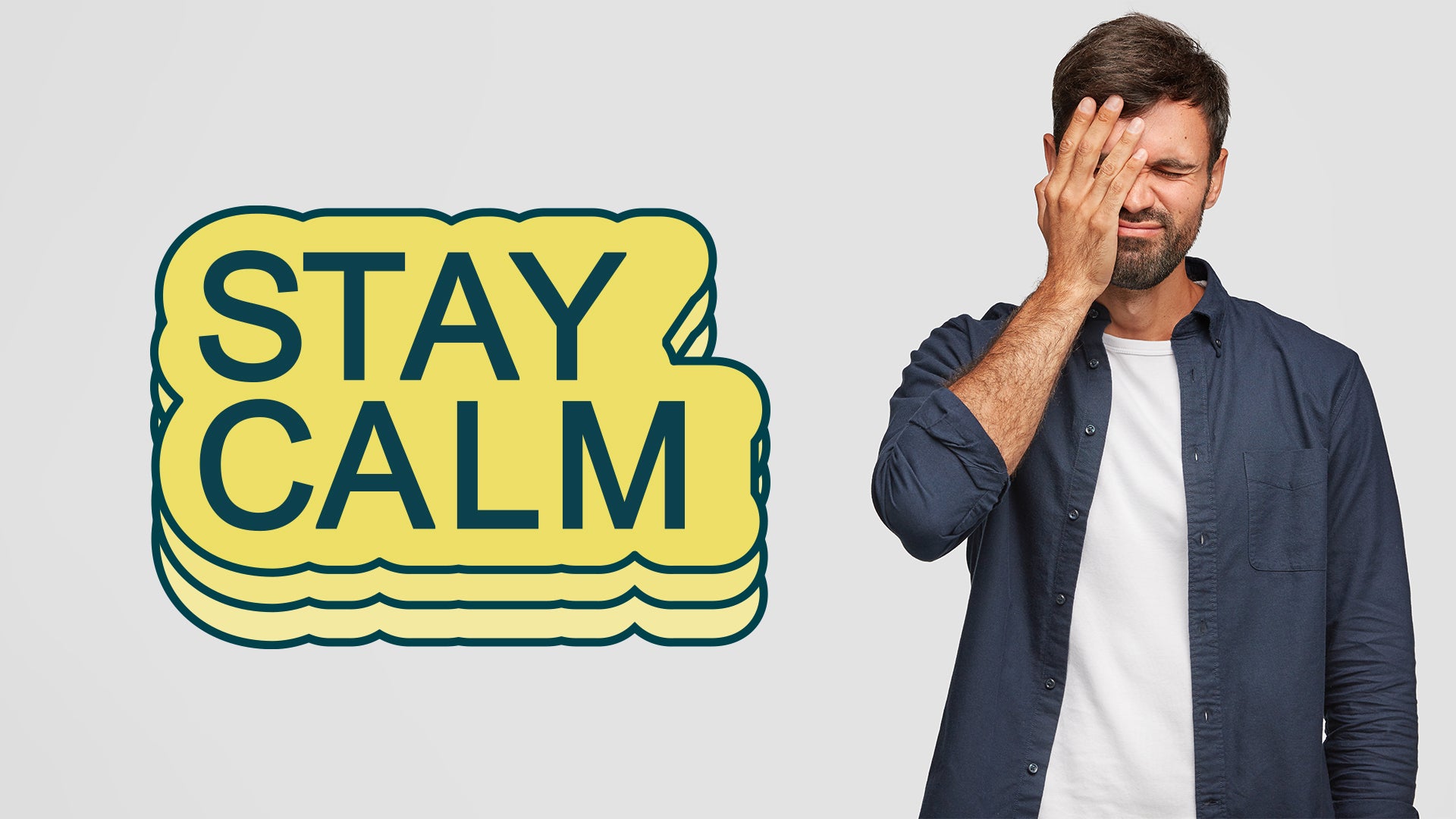Creativity is a wonderful and powerful force that can bring joy, inspiration, and innovation to our lives. Yet, every artist knows that creative blocks can strike at any time, leaving us feeling stuck, frustrated, and uninspired. But fear not, because there are neuroscience-backed techniques that can help you break free from these blocks and unleash your inner artist! In this article, we will explore 5 proven strategies to help you tap into your creativity and overcome any obstacles that stand in your way. Whether you're a writer, musician, painter, or any other type of artist, these techniques will help you reignite your creative spark and reach your full potential. So let's dive in and discover how to unlock your creative genius!
1. Practice Mindfulness Meditation
Mindfulness meditation is a powerful tool that can help you clear your mind and focus on the present moment. It's been shown to reduce stress, anxiety, and depression, and it can also help you tap into your creativity. Mindfulness allows you to quiet your mind, letting your thoughts and ideas flow more freely.
How to Practice Mindfulness Meditation:
Find a quiet place where you won't be disturbed. Sit comfortably with your back straight and your feet flat on the floor. Close your eyes and take a few deep breaths. Focus your attention on your breath, feeling the sensation of the air moving in and out of your body. When your mind wanders, gently bring your focus back to your breath.
2. Take Breaks
When you're feeling creatively blocked, taking a break can help you recharge your batteries and come back to your work with fresh eyes. Research has shown that taking breaks can boost productivity and creativity. Breaks allow your mind to rest and recharge, and they can also help you gain perspective on your work.
How to Take Effective Breaks:
Take a break every hour or so, even if it's just for a few minutes. Step away from your work and do something completely unrelated to your project. Take a walk, listen to music, or read a book. The goal is to give your mind a break from your work so that you can come back to it with renewed focus.
3. Get Enough Sleep
Sleep is essential for our overall health and well-being, but it's also crucial for creativity. When we sleep, our brains consolidate memories and process information, which can help us make new connections and come up with fresh ideas. Research has shown that sleep deprivation can have a negative impact on creativity, so it's important to get enough rest.
How to Get Better Sleep:
Create a relaxing bedtime routine that helps you wind down and prepare for sleep. Avoid screens for at least an hour before bed, and keep your bedroom cool, quiet, and dark. Stick to a consistent sleep schedule, even on weekends, to help regulate your body's natural sleep-wake cycle.
4. Exercise
Exercise has numerous benefits for our physical and mental health, but it can also help boost creativity. Research has shown that physical activity can increase blood flow to the brain, which can help improve cognitive function, including creativity. Exercise can also help reduce stress and anxiety, which can be major barriers to creativity.
How to Incorporate Exercise into Your Routine:
Find an activity that you enjoy and that gets your heart rate up. It could be running, cycling, swimming, or even dancing. Aim for at least 30 minutes of moderate-intensity exercise most days of the week.
5. Engage in Creative Activities
Sometimes, the best way to break through a creative block is simply to engage in creative activities. Doing something creative that you enjoy can help you tap into your creativity and generate new ideas. It can also help you get out of your own head and into a more playful, exploratory mindset.
How to Engage in Creative Activities:
Choose an activity that you enjoy, whether it's painting, writing, playing music, or anything else that sparks your creativity. Set aside dedicated time each week to engage in your chosen activity, and don't worry about whether your work is "good" or not. The goal is simply to let your creativity flow. For more information on this topics, read our article Play Your Way to a Smarter Brain: The Neuroscience of Unleashing Your Inner Creativity!
Conclusion:
Creativity is a powerful force that can bring joy and meaning to our lives, but creative blocks can be a frustrating obstacle. Fortunately, there are several neuroscience-backed techniques that can help you break through those blocks and unleash your inner artist. By practicing mindfulness meditation, taking breaks, getting enough sleep, exercising, and engaging in creative activities, you can tap into your creativity and generate fresh ideas.
Remember, creativity is a process, and it's important to be patient with yourself and trust in your ability to create. With these techniques in your toolkit, you'll be well on your way to unlocking your creative potential and producing your best work yet.
About the Author

Angelica Castillo is a communications student in the mornings, an actress in the afternoons, and a passionate diary writer by night.
She is the creative copywriter at Magnify Media Agency and is currently working on audiovisual projects. She is also interested in psychology, constantly informing herself about human conduct and looking for ways to improve mental health to help others live a fulfilling life.
Find her on Instagram here:
@aange.cas






















